Do you notice you feel gassy, bloated, or overly full, especially after a meal? That feeling stems from gas or air accumulation in the stomach and digestive system. While bloating can occur with the menstrual cycle or with certain medications, often the foods we eat create this uncomfortable sensation. Check out this list of foods to avoid when you need to keep the bloat at bay.
Beans
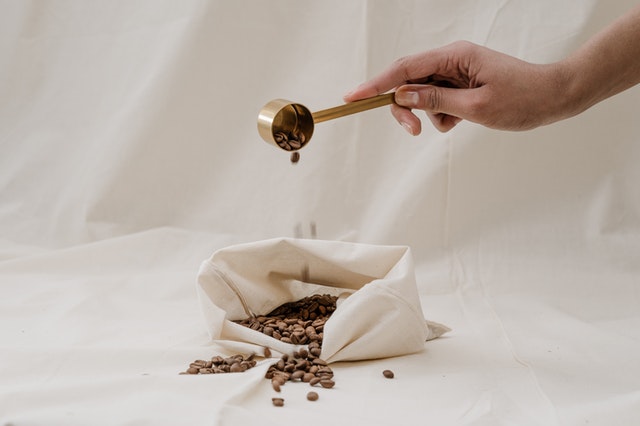
While beans are a staple of a healthy diet because of their rich fiber content, they can also cause unwanted abdominal gas. Sugars that naturally occur in beans ferment when they come in contact with digestive bacteria, resulting in that familiar gassy feeling.
Some people find that soaking dry beans rather than eating canned beans helps with this issue. You can also swap out your favorite beans for rice or quinoa as a side dish. If you can't live without beans, black and pinto varieties are the easiest to digest for most people.
Gum and Hard Candy

While not technically a food, chewing gum can cause bloating because we tend to swallow air. The same phenomenon occurs when sucking on hard candy. If you use mints or gum to keep your breath fresh, you might not realize this hygiene habit results in a gas increase that can cause flatulence, swelling and even pain.
Processed Foods
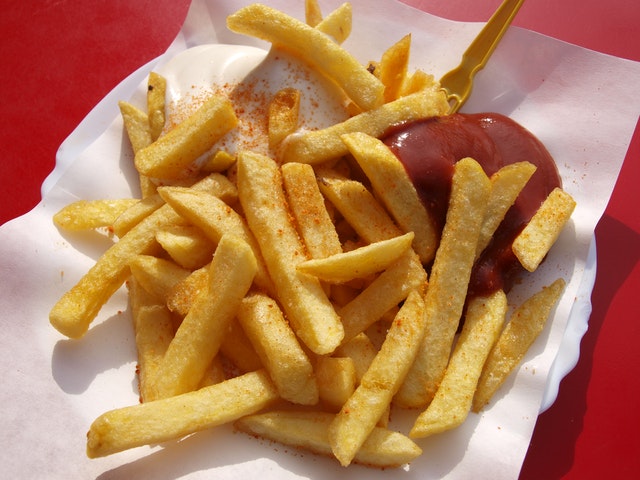
Most snacks and meals that come in packages are packed with sodium, one of the leading causes of belly bloat. Some of the saltiest options include canned soup, baked goods, deli meats, fast food, sauces and salad dressings.
Processed foods also tend to be high in fat, which causes bloating because it moves slowly through the digestive system. Pizza, fast food, meats, cheeses and baked goods are the biggest culprits in this category. Saturated fat should represent no more than about 10% of your daily caloric intake. In other words, if you eat about 2,200 calories a day, limit fatty foods to less than 220 calories.
If you tend to grab convenience foods on the go, look for healthy options such as dried fruits, nuts and rice crackers. I like to package them in small sandwich bags and throw them in my purse so I can snack during the workday or on an outing. Not only will you notice less bloating, but your overall health also will likely improve if you cut out processed foods.
Onions and Garlic
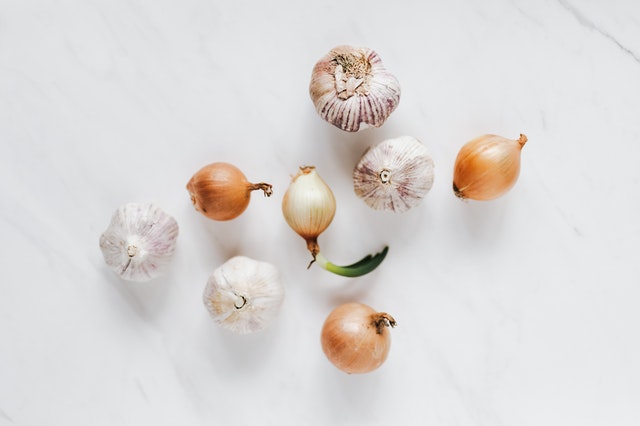
While these savory veggies add flavor to all types of dishes, they can also make you feel bloated. Garlic and onions contain fibers called fructans that contribute to the development of gas in the GI tract. For a similar taste without the risk of bloating, try trading your garlic and onions for chives, basil, fennel, leaks, collard greens or celery.
Carbonated Beverages
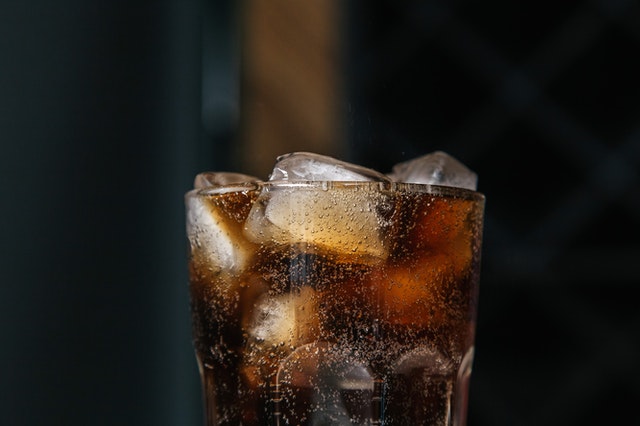
You already know that sugary sodas are bad for your health, but even diet versions of carbonated beverages can lead to bloating. Reduce your consumption of beverages with bubbles if you tend to experience gas. Better choices include fruit juice, tea, coffee and, of course, good old-fashioned water.
Whole Grains
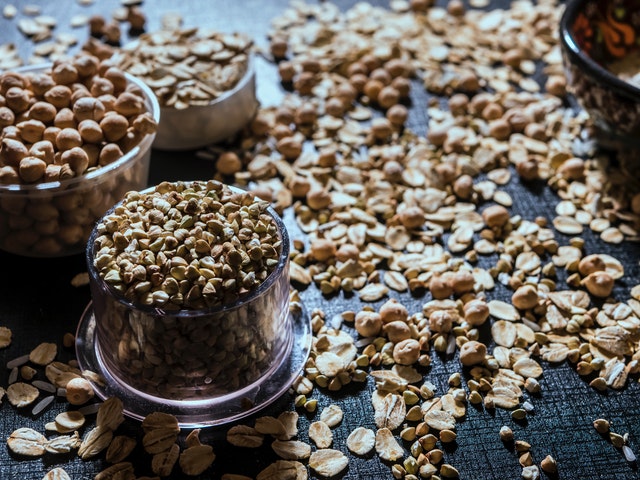
If you boost your intake of whole grains because of their health benefits, you may notice increased bloating. While brown rice, barley, oats and other whole grains are full of fiber, as well as nutritious ingredients, the fiber content also causes gas during the digestive process. Dietary experts recommend slowly increasing the number of whole grains you eat rather than switching from white bread and rice overnight.
If eliminating these items from your diet doesn't solve your bloating issue, see your health care provider. He or she can determine whether underlying health problems may be causing excessive gas.

